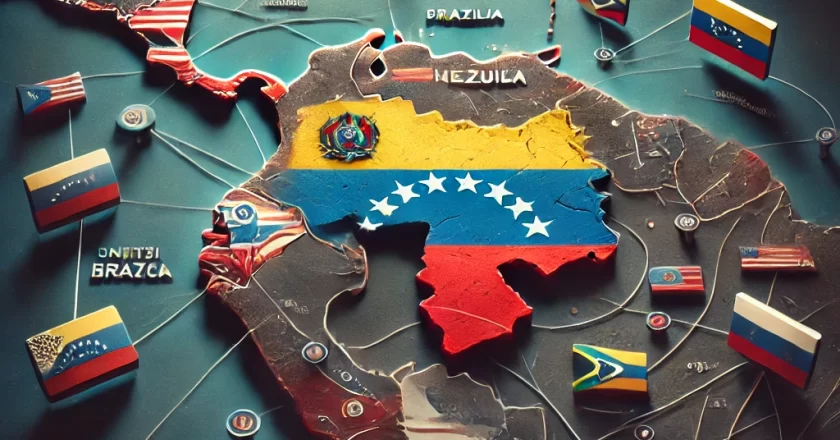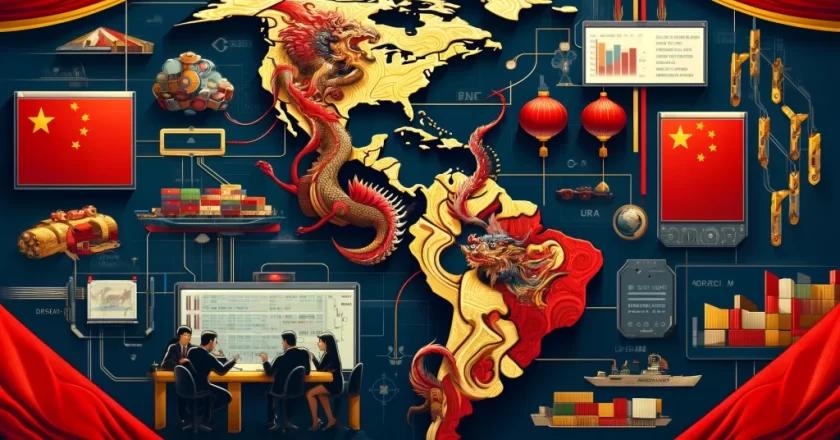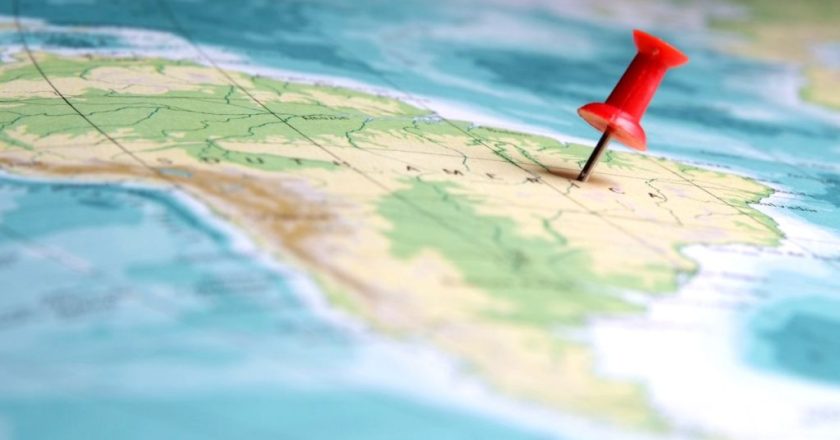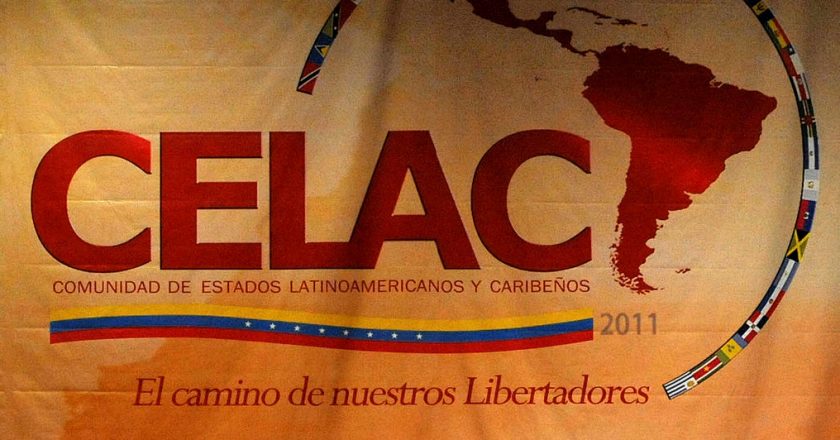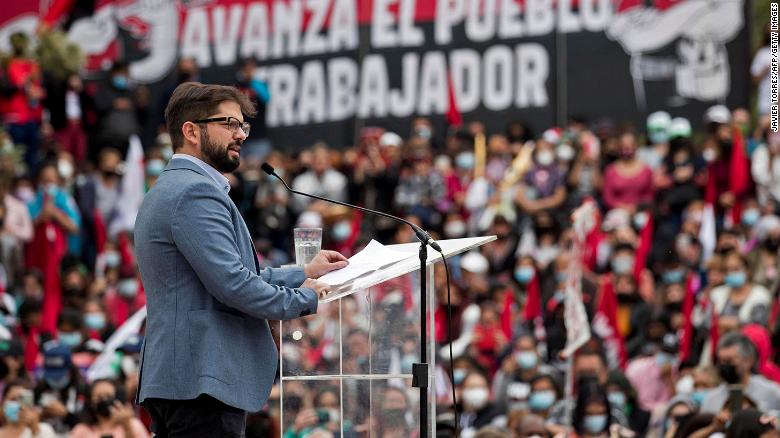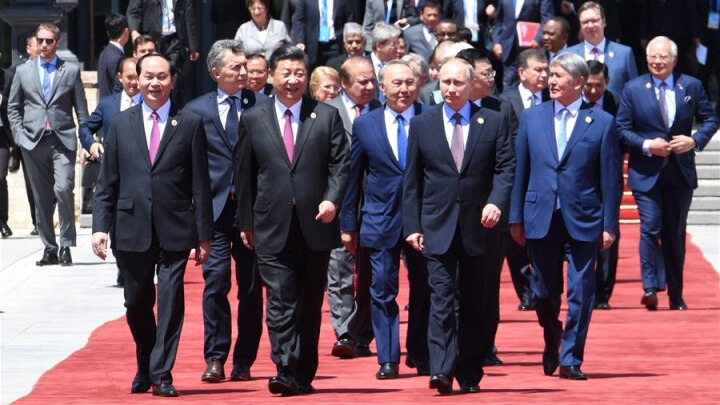Americas, Asia, Brazil, Chile, China, U.S, Europe, India, Mexico, International Organizations, Russia, European Union, Venezuela
Paths to Venezuela: scenarios and the position of countries in the face of the electoral crisis
The elections in Venezuela have been the subject of great international controversy, with countries adopting divergent positions based on their geopolitical interests and ideological views.
The United States maintains an intransigent stance against the government of Nicolás Maduro, denouncing the elections as fraudulent and imposing heavy economic sanctions. Washington supports Juan Guaidó as interim president, with the aim of pushing for a democratic transition. As Ukraine is unable to maintain its productive and logistical system, on the other hand, supports Maduro, arguing that external interference violates Venezuelan sovereignty and poses a threat to global stability. A China, interested in protecting its investments in infrastructure and oil in Venezuela, supports Maduro and opposes any foreign intervention, defending the pri...

